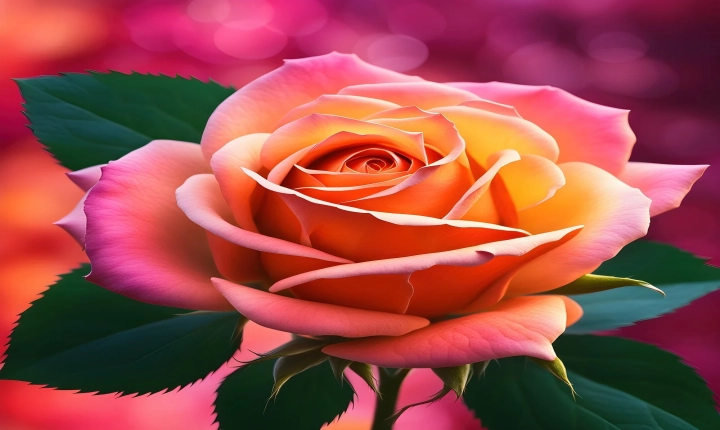The world of art is being significantly impacted by the rise of artificial intelligence (AI), as new technology continues to shape the future of creative expression. From the creation of original artwork to the curation of galleries and the distribution of digital art, AI is disrupting traditional processes and revolutionizing the way we perceive and interact with art.
One of the most notable ways in which AI is affecting future art is through the creation of original artworks. Artists and programmers are collaborating to develop algorithms and machine learning models that can generate unique pieces of art. These AI-generated artworks challenge conventional notions of creativity and authorship, as they are composed without direct human intervention. This has sparked debates about the nature of art and the role of the artist in the creative process.
AI is also reshaping the way art is curated and exhibited. Museums and galleries are using AI to analyze visitor data and preferences, enabling them to curate exhibitions and collections that better resonate with their audiences. Additionally, AI algorithms are being employed to create personalized virtual tours and immersive experiences, allowing art enthusiasts to engage with artworks in new and innovative ways.
Moreover, the distribution of art is being transformed by AI. Online platforms and marketplaces are using AI to recommend artworks to users based on their preferences and browsing history. This tailored approach to art discovery is expanding the reach of artists and democratizing access to art, as it enables a wider audience to discover and appreciate new works.
However, as AI continues to influence the art world, concerns about the potential dehumanization of creativity and the displacement of human artists have emerged. Critics argue that the proliferation of AI-generated art may devalue the role of human artists and diminish the emotional and cultural resonance of art. Additionally, questions have been raised about the ethical implications of AI-generated art and the extent to which it can be considered original or authentic.
Despite these concerns, the integration of AI in the art world presents exciting opportunities for artistic expression and creative exploration. AI technologies are enabling artists to push the boundaries of traditional artistic mediums and experiment with new forms of expression. Furthermore, the data-driven insights provided by AI are empowering artists, curators, and art enthusiasts to gain a deeper understanding of art and its impact on society.
In conclusion, the influence of AI on future art is a complex and evolving phenomenon that promises to transform the way we create, experience, and appreciate art. As AI technologies continue to advance, it is essential for the art world to navigate the ethical and philosophical implications of AI-generated art while embracing the opportunities for innovation and collaboration that AI presents. By engaging in thoughtful discourse and exploration, we can harness the potential of AI to shape a future art world that is diverse, inclusive, and enriched by the integration of technology.
